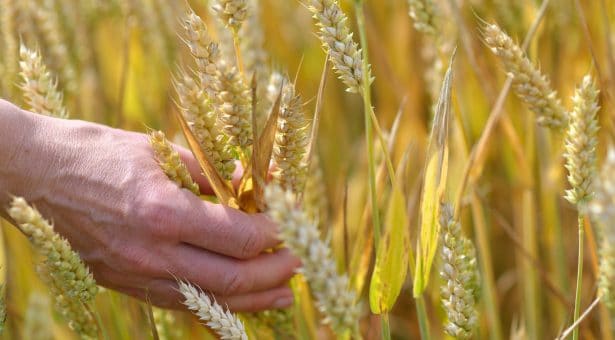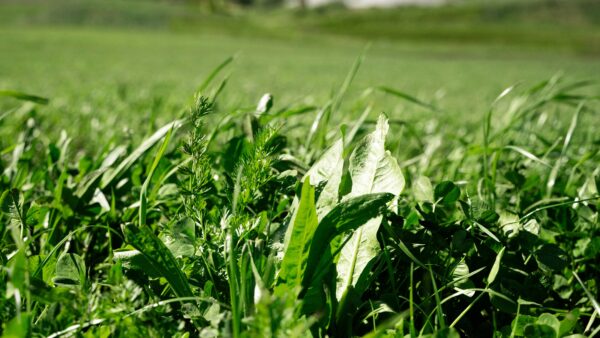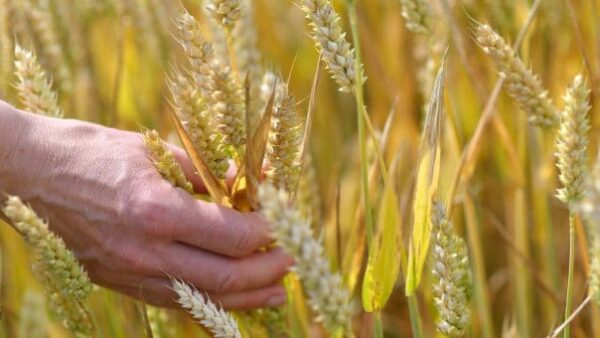The final conference of the INVITE project, held on Dec. 10 in Brussels, brought together experts, policymakers, and stakeholders from across Europe to reflect on the project’s achievements and discuss the future of plant breeding and agricultural sustainability.
GEVES presented its collaborative work with other Examination Offices on the use of molecular markers in DUS (Distinctness, Uniformity, and Stability) evaluations. The study focused on the reproducibility of molecular markers associated with resistance and susceptibility to Tomato mosaic virus (ToMV), Tomato spotted wilt virus(TSWV), and Fusarium oxysporum f. sp. lycopersici Fol: 1(EU)/2(US) in tomato (Solanum lycopersicum). These markers are included in the UPOV and CPVO protocols for DUS testing. Additionally, this research contributed to the development of general guidelines for validating new trait-specific molecular markers for DUS assessments.
The INVITE project carried out more than 40 initiatives to develop and test phenotyping tools for variety testing across nearly all project crops, according to a press release. These tools were designed to assess organ characteristics, disease symptoms, and traits related to plant development and sustainability. Work was conducted both in the field and laboratory using various sensors and data collection methods to evaluate numerous traits relevant to DUS, VCU (Value for Cultivation and Use), and post-registration testing.
New phenotyping tools offer significant benefits for variety testing by simplifying the work of variety examiners, improving measurement precision and objectivity, and enabling better assessment of sustainability-related traits. Some tools, such as Literal sticks for wheat, are already being used routinely by variety examiners. For other tools, traits, and species, further development and integration will continue through future projects, with the goal of widespread adoption by Examination and Post-Registration Offices.
The statistical models developed to assess the precision and trends of VCU trials confirmed that the studied VCU systems — wheat and maize trials conducted across multiple European countries — are well-structured to measure genetic progress and help guide its direction. These models can be directly applied by Examination Offices to evaluate and enhance the efficiency of their VCU systems.
Additionally, the envirotyping methods developed will improve the design of Multi-Environment Trial (MET) networks by enhancing the representation of stress scenarios to which varieties are exposed. Envirotyping can also provide valuable insights into how different varieties perform under various stress conditions. The integration of envirotyping data into VCU network design will have a direct influence on the types of varieties that receive registration, ensuring they are better adapted to real-world agricultural challenges.
All the presentations from the conference are available on the INVITE project’s website. Project posters summarizing the research conducted throughout the project can be viewed here.
Video interviews with project partners sharing the results of their work can be viewed on the INVITE YouTube channel.













